This comedian had to leave social media after her skit on Sindhis was bashed. It shouldn't be this way
You'd think we as a nation could desperately use some comic relief, like at all times but clearly we can only dish it out.
When Natalia Gul Jilani, a dentist by day and stand-up comedian by night, poked fun at Sindhis (being one herself) it ignited some serious outrage — online and offline. This is why we can't have nice things, people.

What followed after were death threats and hate speech, which she says was a first for her in the two years she's been doing stand-up: "As a Sindhi, I've drawn on my experiences for skits often and I've never faced such backlash with any real audience. Even in the video, you can see people in the crowd were enjoying it," shared Natalia.
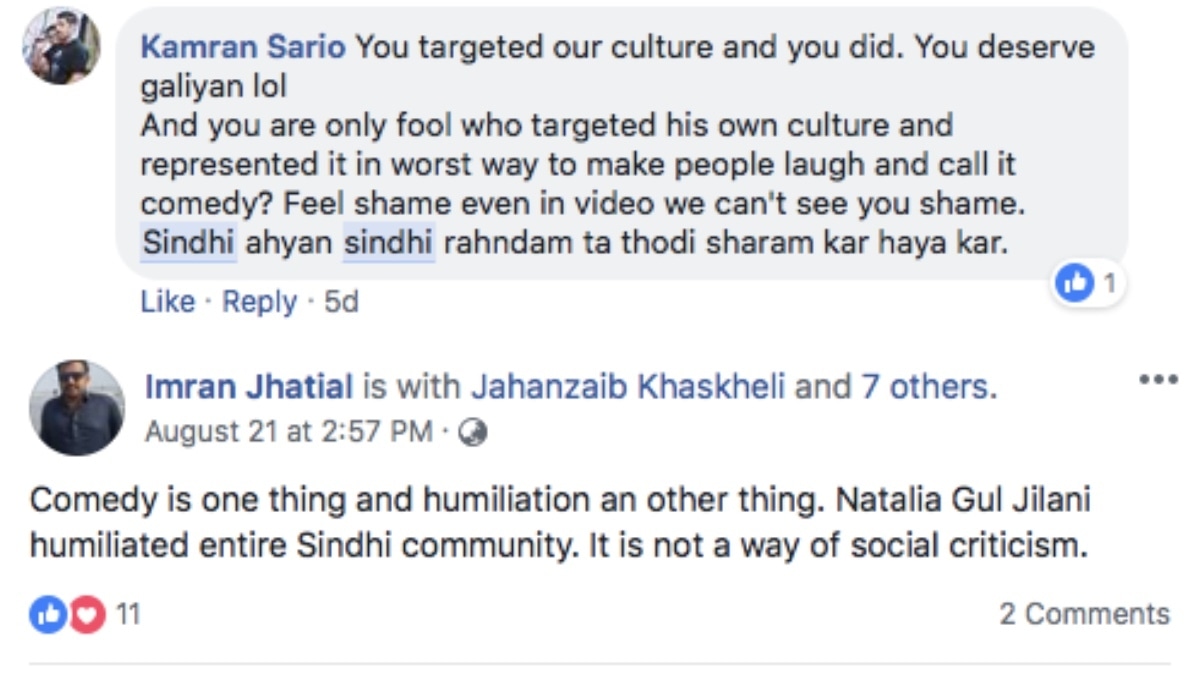
Her comedy skit titled 'Sindhi Encyclopedia' seemed to have rubbed a lot of people the wrong way; I take it some of them did not enjoy being stereotyped and called "hairy and horny". Even Sanam Marvi, a Sindhi folk singer called her out on it:

It got to the point that she had to deactivate her Facebook, make her instagram private, at least until things calmed down. It begs the question: where do you draw the line between humour that is acceptable and offensive comedy? What topics are, or should be off the table?
"I could've never imagined this sort of a reaction. I drew on my own life experiences, being a metric student, the fact that we love daal chawal, my landlord brother does own a chai dhabba, I mean some clichés are clichés for a reason" she added.
The thin line between ethnic stereotyping and self-deprecation
When I say people were mad, I mean MAD. The swearing aside, many Sindhis who disapproved of Natalia's content thought she was "misleading" people, accused her of "discrimination" and for "typecasting".
So when the video starting going viral for all the wrong reasons, The Circus, an online entertainment channel that purchased the content from Natalia and had posted the video issued an apology after taking it down:
"The clip was doing well and getting a lot of views when it initially went up from their Circus page. When I woke up the next day though, my phone was flooded with notifications. Someone had downloaded the video and posted it on some random page with a very crass caption, I think it actually said "Sunny Leone type" and that kind of incited a whole bandwagon of negative people."

Natalia has also since apologised for her material, mentioning that she's been subjected to serious abuse and character assassination since and her intentions weren't to hurt anybody's sentiments.
Just recently, an episode of Anwar Maqsood's web-series Anwarnama also came under fire for its "racist" characterisation of Sindhis but there's one little distinction: Maqsood is not a Sindhi himself. You have to differentiate between mimicry and self-mocking.
Part of why Natalia gets a bit of a hall pass is because she's not making fun of another ethnicity, she's just relaying her own observations, which is what comedians do globally; it's what makes you authentic. Ali Wong talks about being Asian, Chris Rock talks about being black. Brown people too make fun of brown people on international platforms all the time; people will watch Hassan Minaj and Russel Peters without batting an eye but we realised this was not the same audience that was Netflixing stand-up.

As with a lot of things in life, we should take power dynamics into play; the more affluential and privileged you are, the more you're up for mockery and scrutiny. Natalia was simply making fun of herself, relaying her own encounters and was inviting the audience to laugh at her, with her and it's sad that she had to apologise for her jokes just because of some bullies.
It's hard to be bold when cultural expectations suggest you shouldn't be so more power to Natalia for blazing the trail for other humorists in more ways than one and we for one can’t wait for her second video to come out in partnership with The Circus (there’s two more on the way and neither of those even mention Sindhis so relax guys).
The cost of being a female comedian
The fact of the matter is that the so-called "line" in humour is subjective and what's offensive can also be funny. When the line does exist, it's often drawn by men, who cross it anyway whenever they please; who remembers Yasir Hussain dressing up as a Pathan and joking about child abuse or even Ahsan Khan?
Natalia going off the grid online is yet another example of a woman being forced to go into digital hibernation due to harassment. Speaking of societal suppression, I figured that Natalia was a double-edged sword: it wasn't just that someone was making fun of Sindhis, it was a bigger burn that a woman was doing it.

"Honestly, the rape and death threats were very disturbing and I'm actually leaving town for a while because my family is concerned about security. This is new for me and for them. When you step into the public eye, obviously not everyone is going to like you and I get that but this whole experience is alien for my family as well. I can't explain the suppression I'm feeling from all sides because at the end of the day, I'm a girl. When Ali Gul Pir got some criticism for Wadere Ka Beta, I'm sure he wasn't sent gang-rape threats."
I watched the video thrice and in my opinion, there was nothing mean-spirited about what she says. When I spoke to her a couple of days after she had already apologised, I could sense she was just trying to defuse the situation, even if she did feel bad about hurting people. She knew now was not the time to educate and she had to do a little damage control.
Sadly, this is just what happens when women behave in ways not "acceptable" to misogynists and nationalists alike; they're silenced. They go after our family, they go after our "character" and so, women step back because what can you do?
Is Pakistan even ready for stand-up comedy?
So what makes good comedy and acceptable comedy in today’s world? They do not have to be mutually exclusive. Again, this is my opinion, not a hard and fast rule as to how every comedian should perform.
"I tried to have a conversation with a lot of people who reached out to me in a civilised manner. People who were hurling abuses, there was no point in trying to have a discourse with them but the rest, I was trying to inform them that this is very common in the comedy community all around the world. My point being, if you want to talk about my content, let's talk but that's not what these trolls were interested in doing," Natalia explained.
I think it also boils down to the fact that stand-up is still fairly new in the country. Most comedians start off with performing for intimate crowds before booking out big venues if their career trajectory goes that way. With a small audience, you can prepare your material accordingly but with social media coming into play, these videos are now seen by everyone, everywhere and let's be honest, stand-up is not everyone's cup of tea. People who do and watch stand-up have to be able to laugh at themselves.
Natalia concurred: "The reason I don't get this kind of a response with a live audience is because educated people are spending their money to watch stand-up, they know how it works. Now people who come across this bit online, who don't even know that stand-up comedy exists in Pakistan or at all, obviously, their egos would be bruised by it so they resorted to circulating my pictures with crude remarks, attempting to slut-shame me, bullying me and my family."
"That being said, after the initial couple of days, there was a wave of support. Ali Gul Pir, Zarrar Khurro defended me, Fifi Haroon too, lots of people. The same way something triggered a negative trend, now all of a sudden, everyone was stepping up so I'm glad now it's getting a fair share of positivity also."
I'm no comedian but like Natalia, I put my work out into the universe, in front of an audience and then wait for feedback or criticism. That's taught me one thing for sure: someone will always find a way to be offended by your work. You just have to do what you do, the best way you can and let the chips fall where they may.
Not to mention, it'd be a shame if this were to encourage comedians to self-censor. Humour can be a great tool sometimes to bring taboo subjects out into the open so they can be discussed with honesty and again, we could really use that.





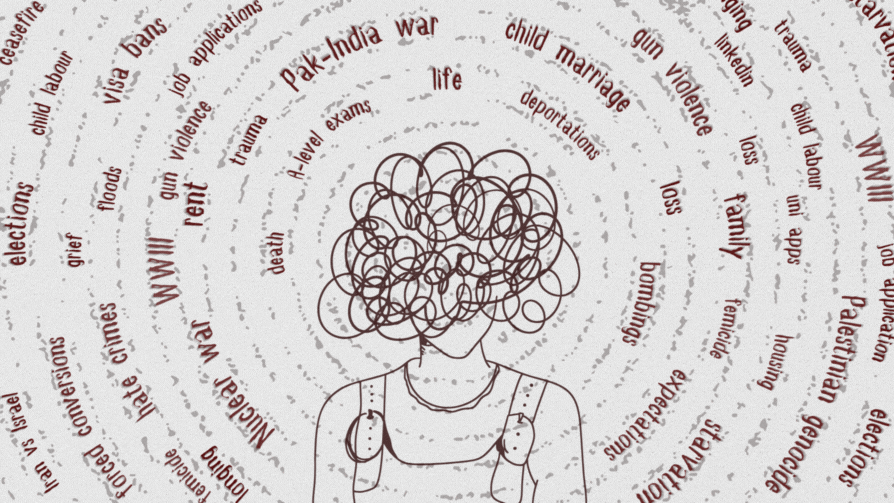


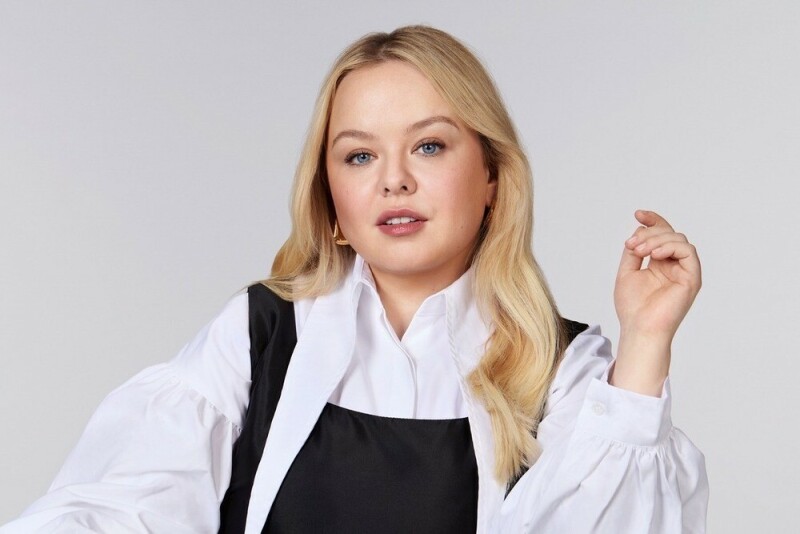
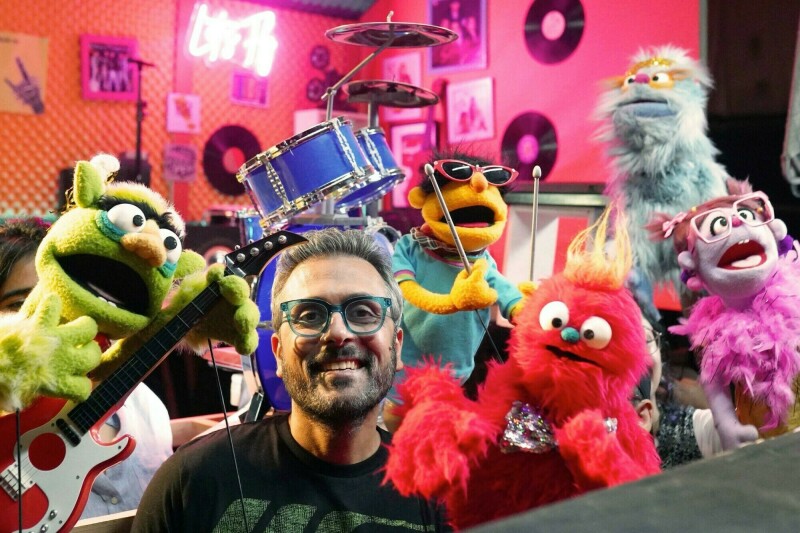
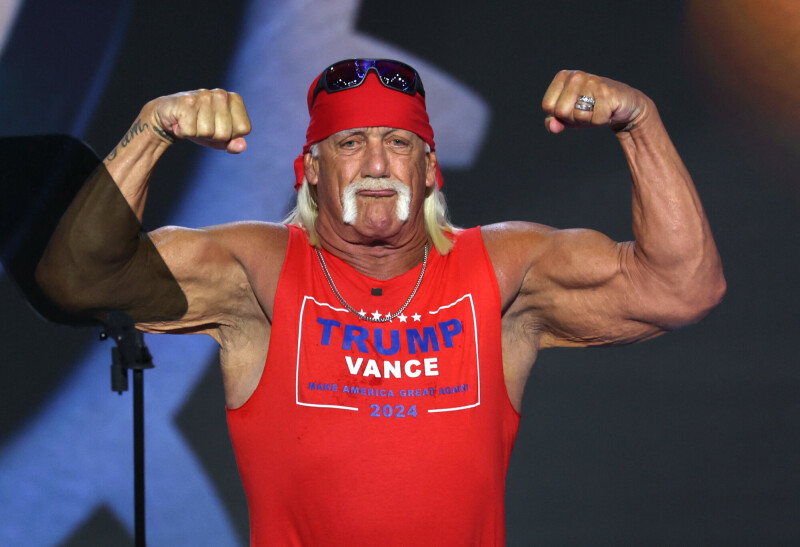

Comments